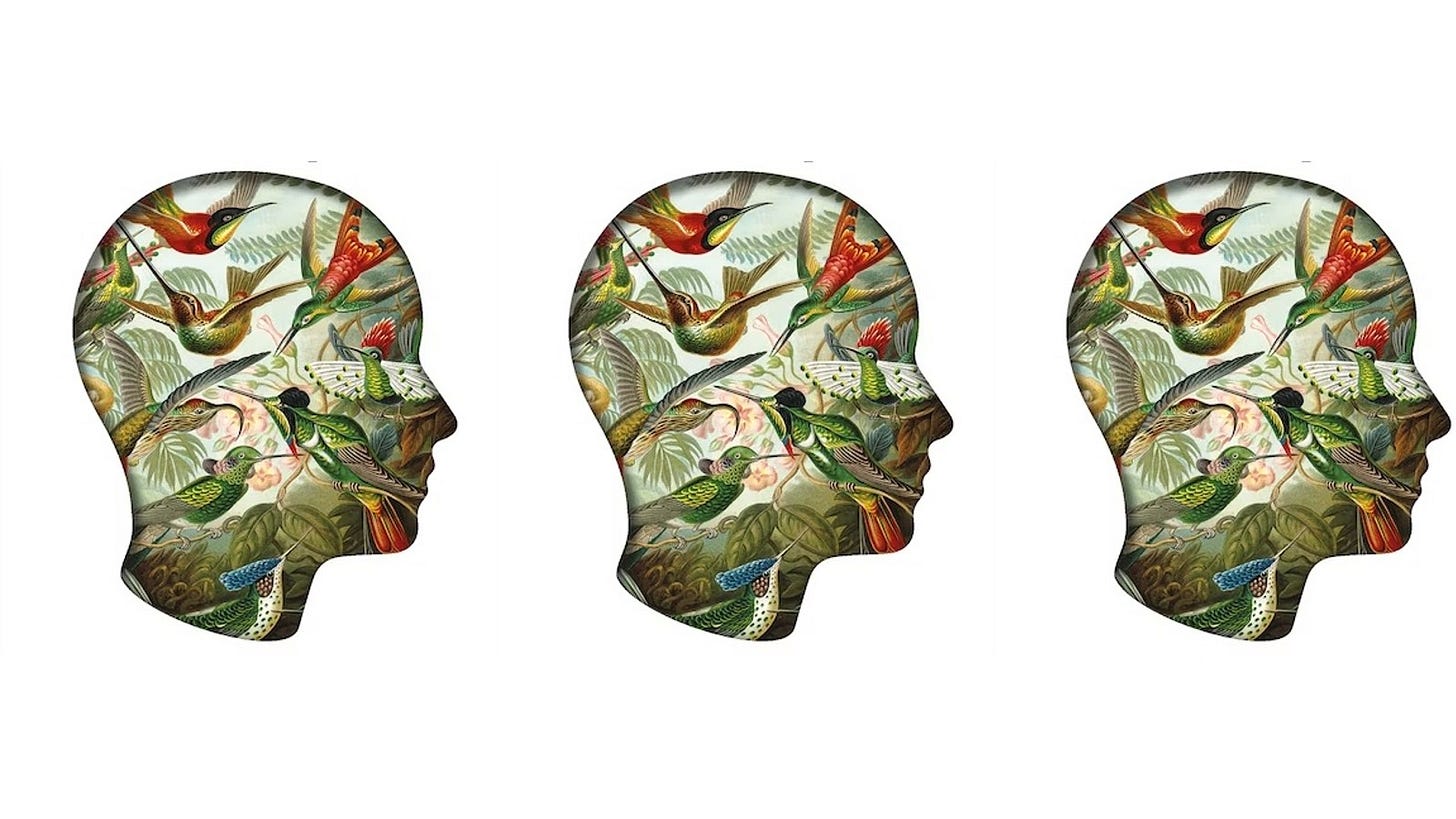Politicizing Neurodiversity
Robert Chapman on pushing past biological understandings of autism, ADHD, and neurodiversity.
Robert Chapman is a U.K. based neurodivergent philosopher and the author of the recently-published Empire of Normality: Neurodiversity and Capitalism.
Can you tell me a bit about why you wanted to write about neurodiversity?
The neurodiversity movement that had begun in the 1990s and then grown in the 2000s, because of the era it existed in, had adopted the politics of the era—which is kind of a liberal, identity politics-based approach. The fall of the Soviet Union, the End of History era—there was a sense that all you can really do is try to make capitalism a bit nicer, you can’t really have an alternative to it. So neurodiversity adopted that mode. That’s very different from something like feminism, where there’s a long history of Marxist feminism and other radical versions of feminism. So I wanted to offer a more radical approach to neurodiversity.
I also think there’s a missing historical consciousness in the neurodiversity movement. The pathology paradigm for instance—we agree that that’s kind of our enemy, but no one had written a history of the pathology paradigm and why it’s the primary way we understand things today. So I wanted to help develop a history and a consciousness around these things.
The building and the emergence of the pathology paradigm is intimately linked to white supremacy and colonialism. Francis Galton, who I argue should be seen as the founder of the pathology paradigm—his first major book was about ranking the races with white people at the top and Black people at the bottom. We now see that as pseudoscientific, but we still have much of what he thought—the idea that certain people are better or more ideal—deeply intertwined with how we think of our brains and bodies. That’s part of why I use the term Empire of Normality, because the pathology paradigm really emerged from the British Empire and the naturalization of the hierarchies of that empire, not only in terms of class and race but also cognitive ability and difference.
In order for neurodiversity to exist, the idea of normality first had to exist. Can you talk about the history of that creation?
Capitalism turns us all into individuals who are wage laborers—not everyone, but the majority of the population—who are constantly in competition with each other to get work. And that means that everyone has to be ordered and ranked against each other, and, crucially, standardized so that they can be compared. This existed before the Industrial Revolution but that’s what really ushered this in—you have standardized machines, standardized pace, standardized times you have to be at work, and the standardized work day. And if you can’t keep up with that pace for any reason, or if you don’t have the right body or mind to fit into that, then you become disabled. And this shift to standardization really changes what we consider an “ideal person” in our society.
What I wanted to draw attention to is that this is when you get the idea of a “normal person” arising, in social science, and in medicine. Health, instead of being associated with harmony or equilibrium, as it was traditionally, becomes associated with normal functioning and comparison to the ideal person.
Who do we consider neurodiverse? Everyone to a certain extent must conform to this “ideal person”—so when do we deem someone neurodiverse?


